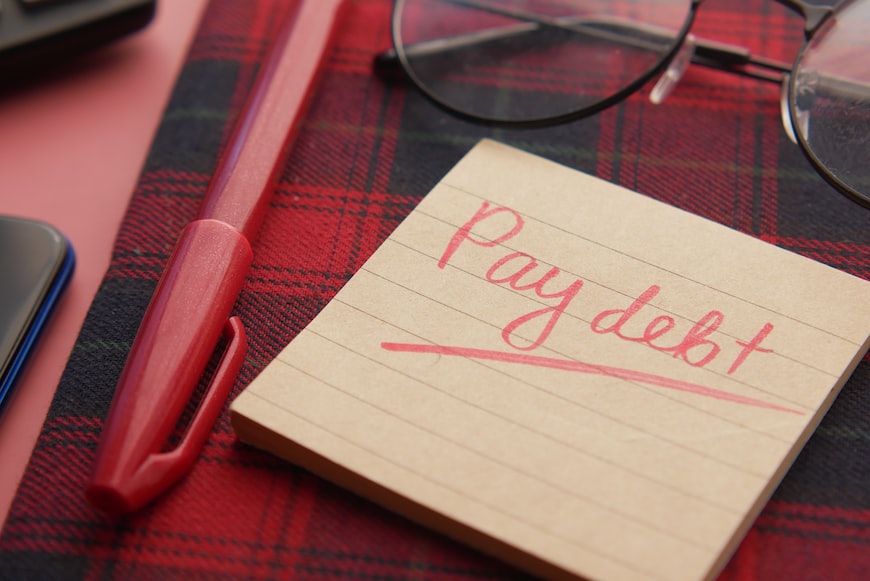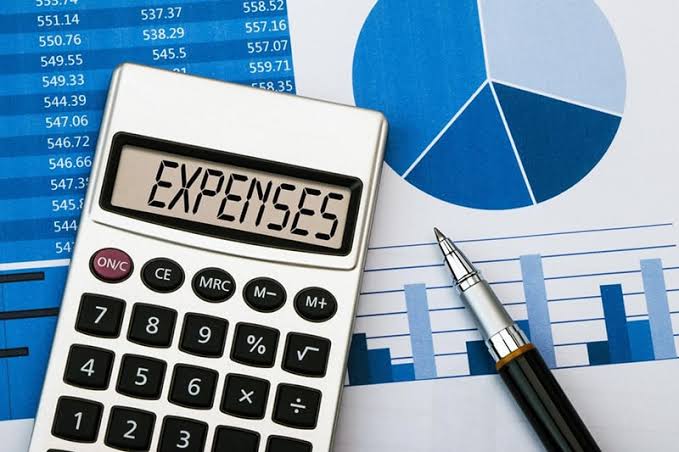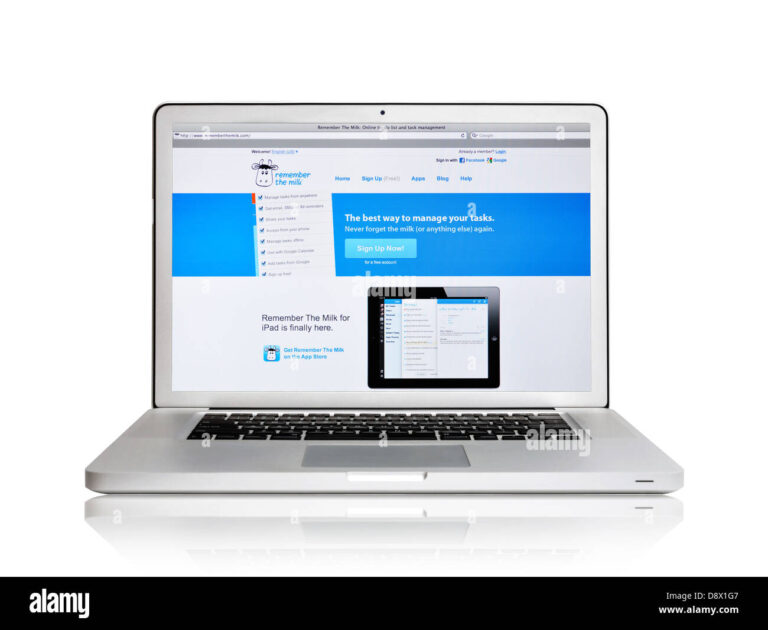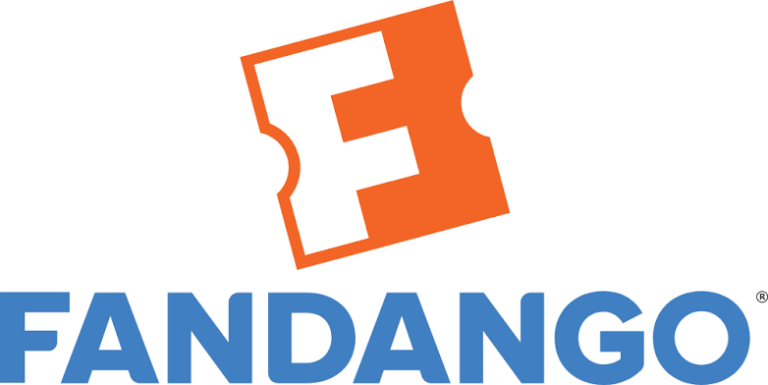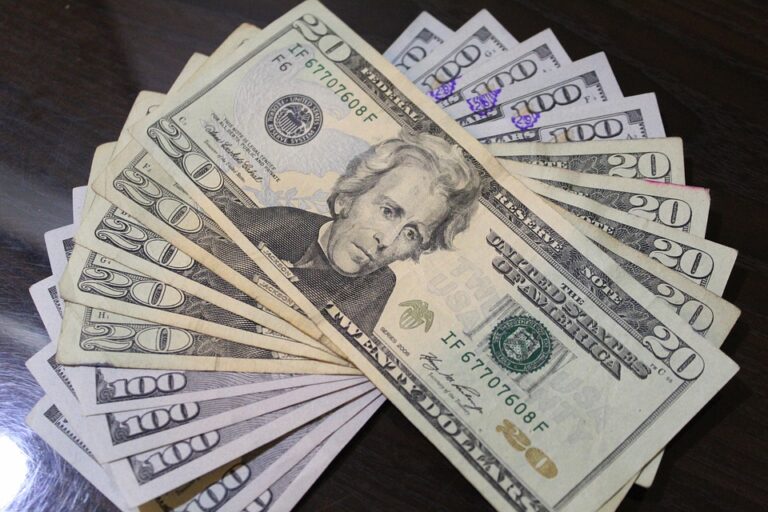Last updated Mar. 3, 2023 by Charles Zemub
Debt is stressful. It can be hard to know where to start when paying down your debt, but there are some tools you can use to help make the process easier.
Here are eight apps that will help you manage your finances and keep you on track to pay off any debts—from student loans and mortgages down to credit cards and car payments
Acorns
Acorn is a micro-investing app that rounds up your purchases and invests the change. It’s a good app for beginners because it doesn’t require you to invest money—just set aside what you would have spent anyway.
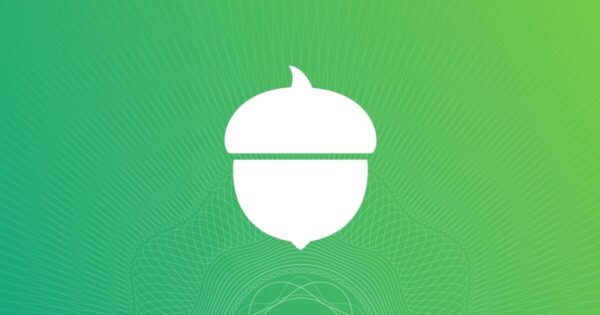
For people who want to get in the habit of saving but don’t want to do it themselves, Acorns is also an excellent option. You can set up recurring deposits from your bank account (or with credit card balances) into investment accounts managed for you by professionals at Acorns.
Mint
Mint is a free budgeting app that helps you track your spending. You can connect it to your bank accounts and credit cards, then use it to monitor your spending on everything from gas to Netflix.
It also tracks your investments, retirement accounts, and insurance policies—even with different companies—so you’ll know where every penny goes.
Mint has an excellent feature called Goals that lets you set specific targets for what you want to accomplish over time (like paying off debt or saving for a down payment).
As long as those goals are within Mint’s reach criteria (like $5k in savings), the app will let you know how close or far away from reaching them based on your current progress.
Digit
Digit is a personal finance app that helps you save money. It automatically analyzes your banking information and suggests how to save money and pay off debt. You can also ask Digit for advice about financial goals, such as if it’s better to get out of debt or buy a house.
Digit is free for iOS and Android users, so there’s no harm in trying it.
YNAB (You Need a Budget)
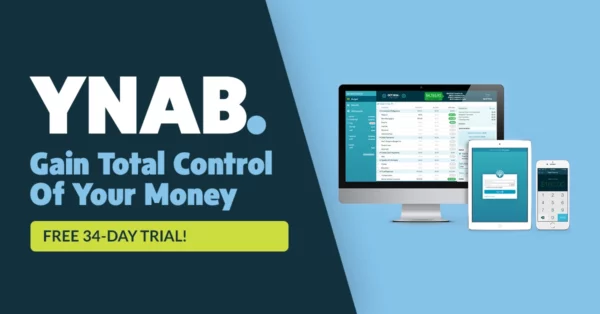
YNAB (You Need A Budget) is a budgeting app that helps you manage your money. It’s great for paying off debt, saving money, and staying on top of your spending. You can even use it to compare your finances with other users in the YNAB community.
Here’s how it works: first, you create an account and link up all your bank accounts. Then, each time you get paid or spend money on something new, YNAB will automatically categorize those transactions into one of its five categories: “needs,” “wants,” “savings,” “emergency fund,” or “debt repayment.”
The app then helps you allocate funds among these categories so that they don’t go over budget—and shows you where exactly every dollar went so that if ever something unexpected happens (like an emergency).
Personal Capital

Personal Capital is one of the best money-tracking apps in the market and is free to use. The app offers a variety of tools that help you track all your investments and debt, set goals, and track progress toward them. Other features include:
- A budgeting feature that allows you to enter income and recurring expenses so you can see how much room you have left in your budget each month
- A savings goal feature that helps keep track of money set aside for future purchases or unforeseen expenses like car repairs (and can even send reminders when it’s time to make payments)
- A paydown debt feature similar to YNAB’s “emergency fund” function, but with a few extra bells and whistles like an automated schedule for payments based on what debts are due first
Pocket Guard
Pocket Guard is a free app that helps you track your spending and set goals for saving. It allows you to set budgets for each spending category and offers reminders for each spending category.
You can also use it to:
- Set goals for saving money by the date
- Keep track of your loans and debts.
- Understand how much money is going out compared with how much is coming in
Unsplurge
Unsplurge is a budgeting app that helps you pay down debt by connecting to your bank account and piggy bank so you can track spending habits. It’s free to download and use, but extra features like auto-categorization cost $3 monthly.
If you’re looking for something more robust than Mint or Personal Capital, Unsplurge also comes with a feature called “wants vs. needs” that lets you set monthly budgets for things like clothing and entertainment—and then compare them against how much money is left over at the end of the month after all other expenses have been paid (like student loan payments).
Wallet
Wallet is an app that allows you to set a monthly budget and tracks your spending. It also helps you stick to your budget by helping you save more money. In addition, the app will alert you when it’s time to pay bills, so there are no surprises when it comes.
The feature I love most about Wallet is its ability to link with other apps I use daily, such as Mint or Acorns. This makes it easy for me to keep track of all my finances in one place instead of having them scattered across multiple apps on my phone.
Debt payoff planner
How to use a debt payoff planner is a financial tool that helps you get out of debt faster by making sure you’re paying the right amount each month. It can also help you avoid making mistakes in your budget and spending too much money on interest or late fees.
Debt tracker app
A debt tracker app is a great tool for making it easier to track your debt. The best part? It’s completely free.
There are tons of benefits to using a debt tracker app, including:
- It helps keep you motivated by seeing your progress in one place and tracking how much money you’ve saved through paying down your debts faster. This can make all the difference when it comes time for those tough decisions about whether to make another payment on one debt or pay off another first.
- It will help you see where your money is going each month so that if there are any areas where you could be saving more (like spending too much on groceries), these apps can suggest how much better things could be if they were different.
Frequently Asked Questions
What is a good app to help pay off debt?
A good app to help pay off debt is easy to use and enables you to reach your goals. Many apps can help you create a budget, track your spending habits, and even remind you when it’s time to make payments on your debts.
Does the snowball method work?
The snowball method works best for those who want to see results immediately, but it’s not the only way to pay off your debts. For example, if you’re looking for a long-term solution to help you achieve financial peace of mind, the debt avalanche method might be better suited to your needs.
The basic idea behind this approach is that paying off high-interest debts first will save you money in the long run because they’re harder (and costlier) to pay off than lower-interest-rate debts.
What debt should be paid off first?
The first thing you should do to pay off debt is to figure out how much money you can put toward your debt every month. Then, pay as much of the highest interest rate debt as possible.
If you have multiple accounts with different interest rates, pay off the one with a higher APR (annual percentage rate). This will save you more money in interest payments over time because it lowers the total amount that you owe.
Paying off any accounts hurting your credit score is also important because this will help raise it back up and help get you access to better credit cards and loans later on down the road.
What are the five steps to getting out of debt?
- Make a list of all your debts and their interest rates.
- Pay more than the minimum payment.
- Pay more than the minimum payment on your highest interest rate debt, then on your next highest
- Pay more than the minimum payment on your next highest interest rate debt, then on your next highest
Does paying off loans early hurt your credit?
It depends on the lender, the type of loan, and your credit score. For example, if you take out a loan from your bank and pay it off early, it may hurt or help your credit score, depending on how long you’ve had the account open. If it’s been open for less than two years, then paying off the loan early won’t hurt your credit; however, if it’s been open for more than two years, paying it off before its due date could actually lower your score.
How long after you pay off debt is it removed from the credit report?
Your credit report records your financial history, which lenders can use to determine if you can repay a loan. Your credit score is a number that indicates how risky it would be for a lender to lend money to you. The higher the score, the better—and it’s based on information in your credit report. For example:
- If you have been late on payments in the past, this will negatively impact your score and make borrowing more difficult
- Having too much debt compared to what you earn can also negatively impact your rating
Summary
Apps like these can make it easy to manage your finances.
Whether you’re trying to pay off debt or save for retirement, these apps can help. They offer a wide range of functionality, so check out the best ones for your needs:
- Mint: This budgeting app helps users keep track of their spending and set goals for saving money, along with other features. It also has tools that let users analyze their credit card accounts and loans.
- Plastiq: This payment app is useful if you need to make large payments that your bank won’t accept (e.g., paying rent in NYC). It allows customers to pay any bill with a credit card, including mortgage payments and tuition fees.
- YNAB (You Need A Budget): YNAB is another budget-tracking app that focuses on teaching people how they can manage discretionary spending better by following four rules: roll with the punches; give every dollar a job; save for financial freedom; live on the last month’s income instead of next month’s paycheck/grant/etc.
You’ll be surprised at how easy it is to get started. All you have to do is set up a free account and then link your bank account. After that, you can begin tracking your expenses, making adjustments when necessary, and working towards paying off debt faster than ever before.

